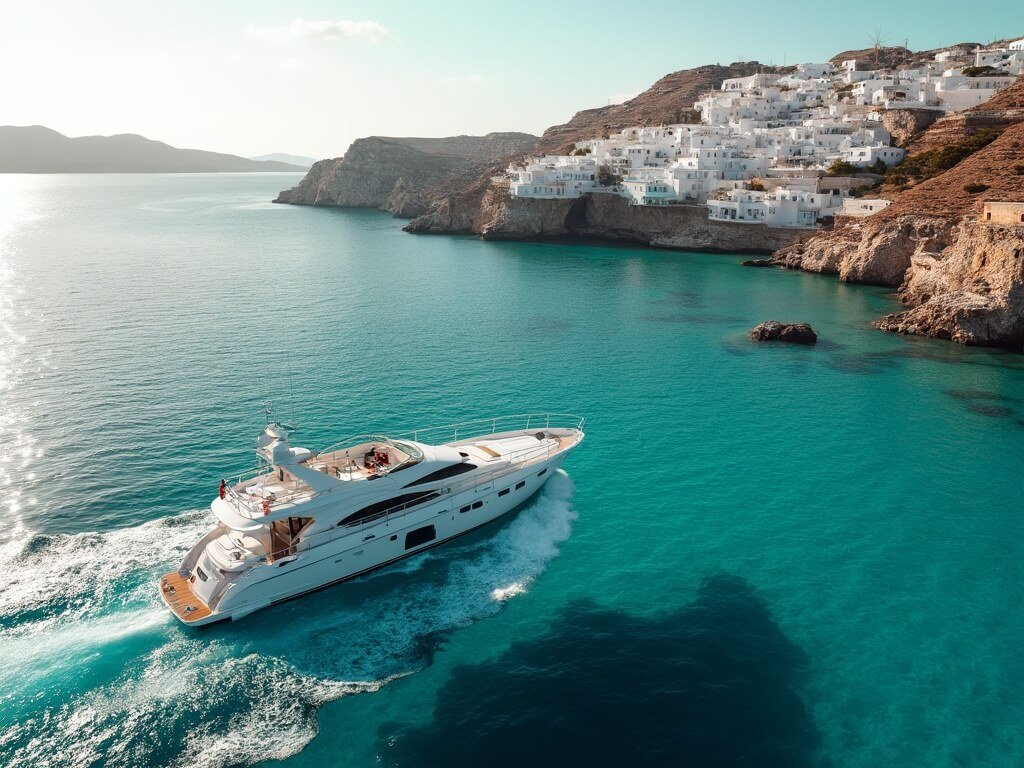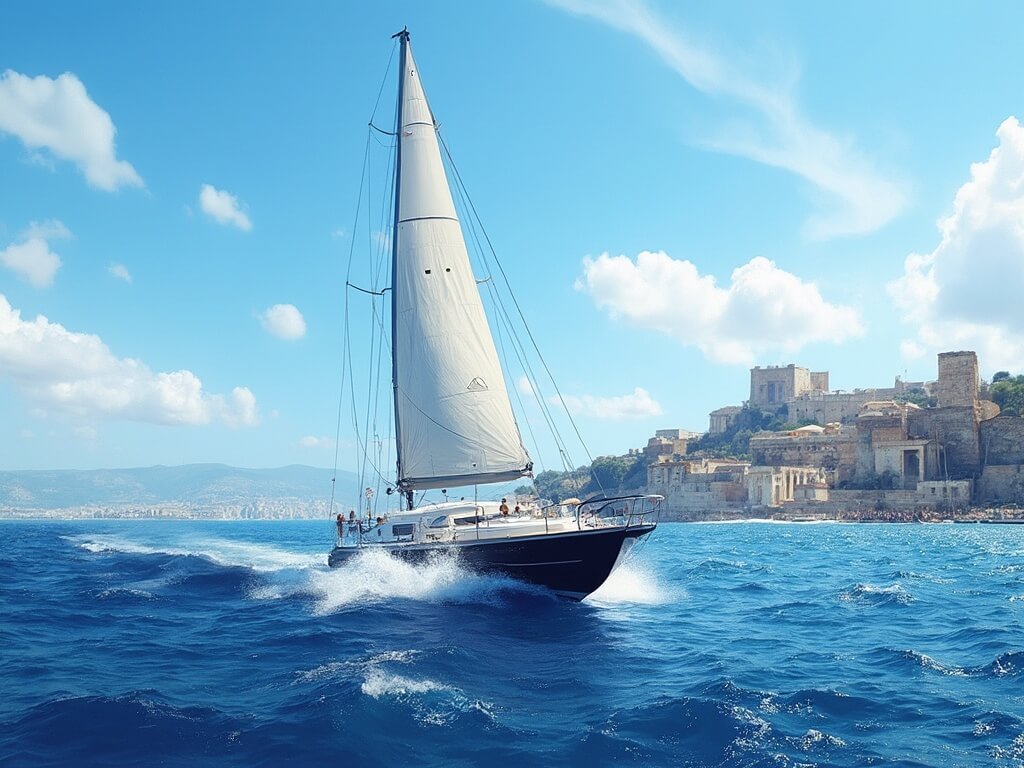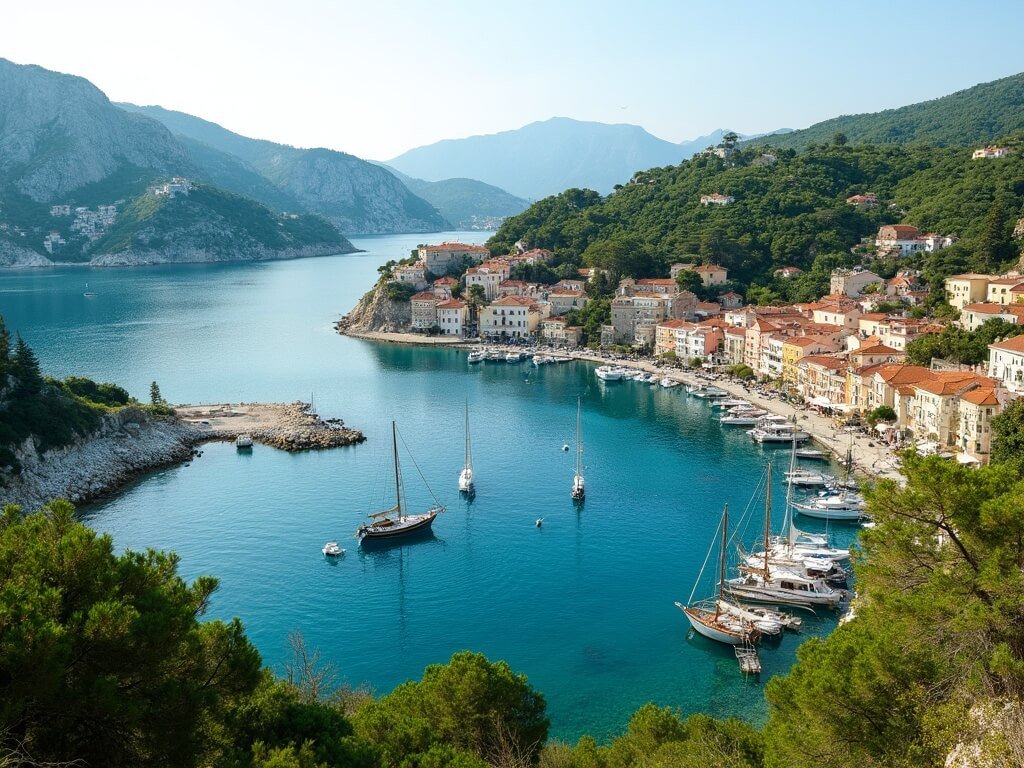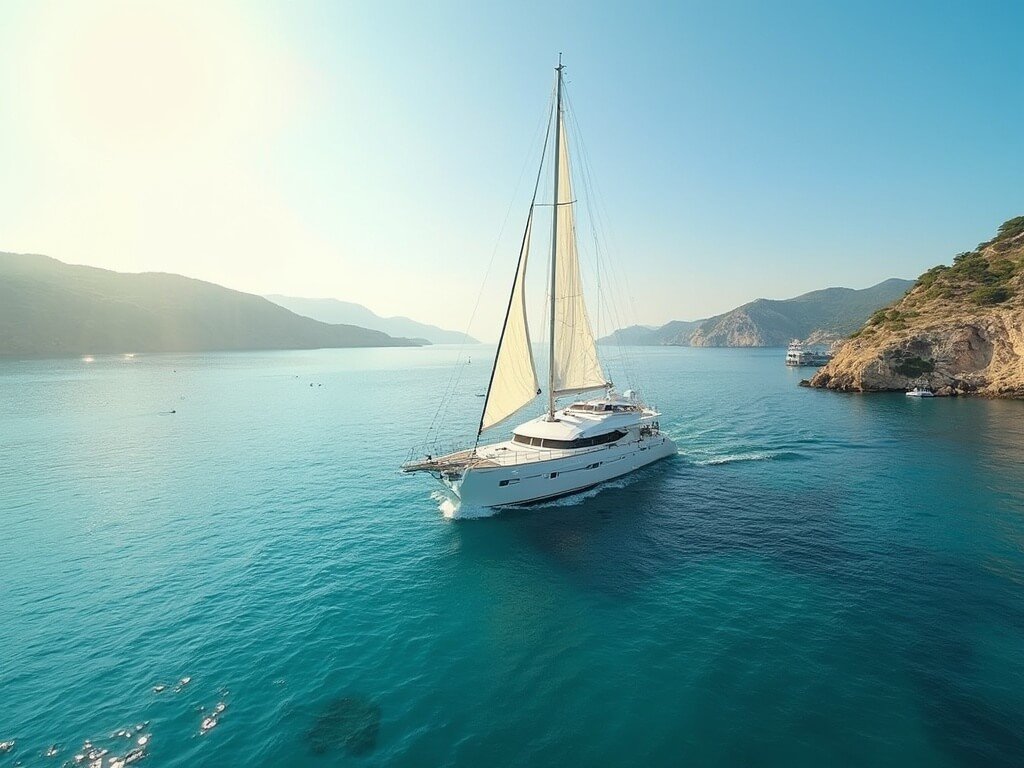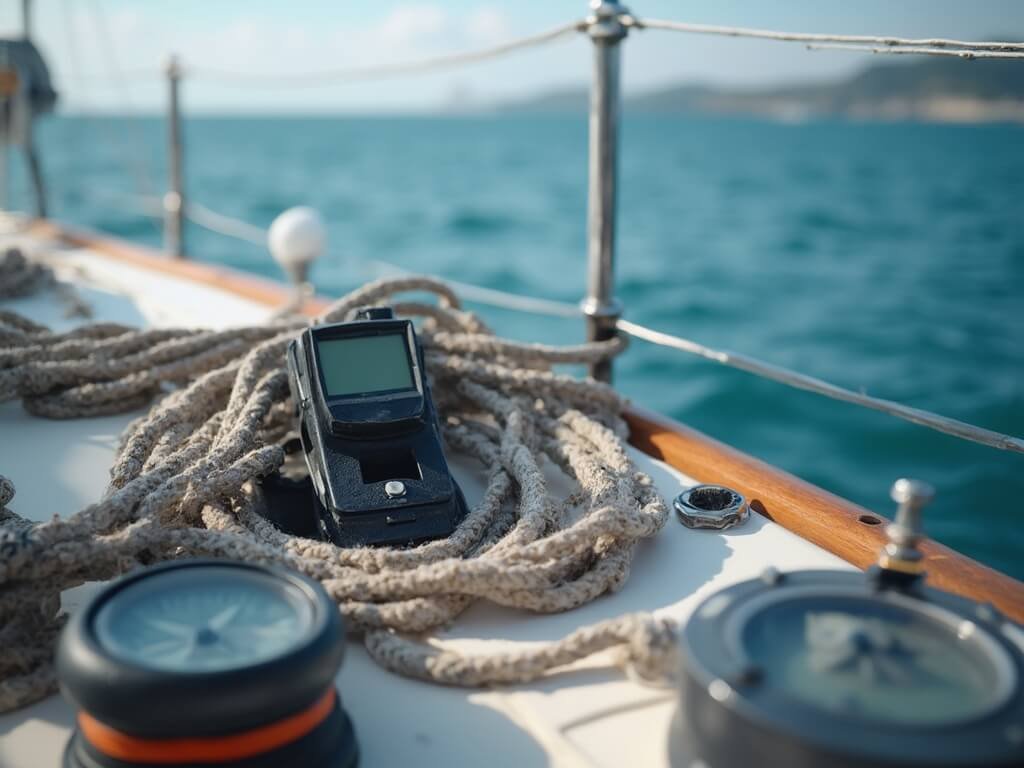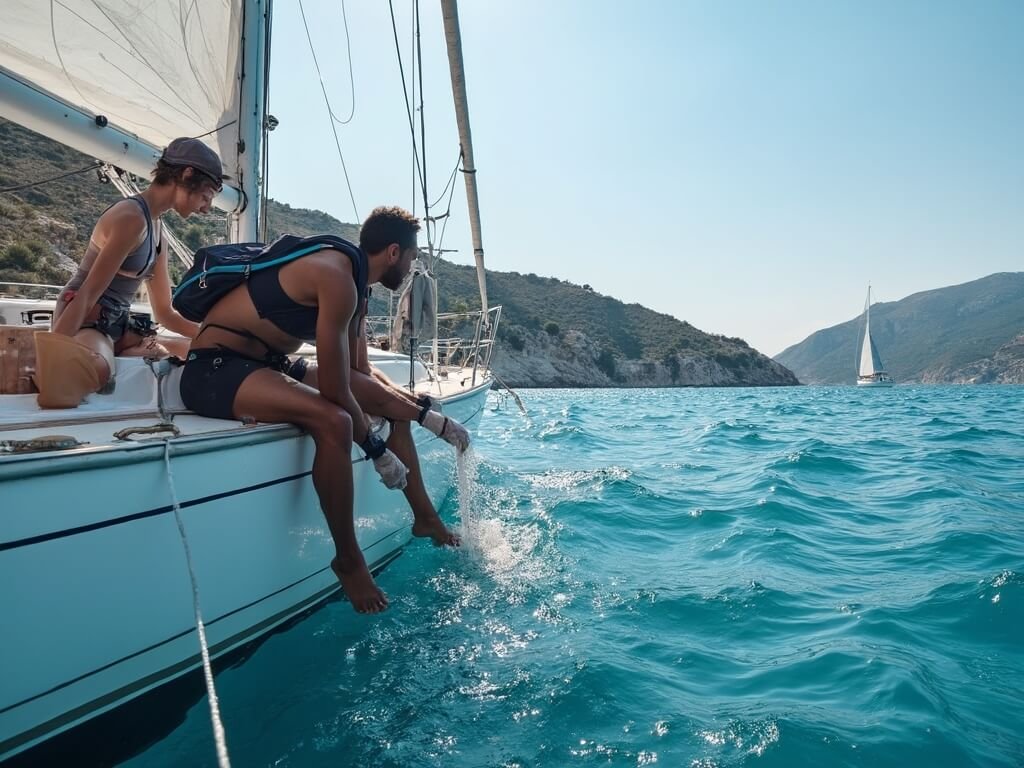Ever dreamed of gliding through crystal-clear waters, exploring hidden coves, and experiencing the ultimate Mediterranean adventure? Greek island sailing isn’t just a vacation—it’s a life-changing journey that transforms how you see the world.
I’ve sailed these waters multiple times, and I can tell you straight up: nothing compares to the freedom of navigating between 6,000 breathtaking islands, each with its own unique personality and charm.
Why Greek Islands Are a Sailor’s Paradise
The Greek archipelago isn’t just a destination—it’s a maritime playground that caters to every type of sailor. Whether you’re a seasoned captain or a complete novice, these waters offer something extraordinary.
Key Attractions That Make Greek Sailing Irresistible:
- Over 227 inhabited islands to explore
- Crystal-clear turquoise waters
- Consistent sailing winds
- Rich historical landscapes
- Incredible cultural diversity
- Unparalleled hospitality
My First Greek Sailing Experience
I’ll never forget my maiden voyage through the Cyclades. It was July, peak Meltemi wind season. Our small yacht bounced through powerful northerly winds, white sails straining against the azure backdrop. Approaching Mykonos, with its iconic windmills and sugar-cube houses, I realized this wasn’t just travel—it was pure magic.
Sailing Regions: A Treasure Map of Possibilities
The Greek islands aren’t just a single destination—they’re a constellation of unique sailing experiences. Let me break down the most spectacular regions:
1. The Cyclades: Wild and Wonderful
Imagine sailing between Santorini’s volcanic landscapes and Mykonos’ vibrant nightlife. These islands offer:
- Challenging sailing conditions
- Postcard-perfect white buildings
- Legendary summer winds (Meltemi)
- Incredible nightlife and cultural experiences
2. Saronic Gulf: Beginner’s Bliss
Perfect for first-time sailors, this region provides:
- Mild winds
- Close proximity to Athens
- Historical sites like Epidaurus
- Sheltered sailing routes
- Easy navigation between islands
3. Ionian Islands: Emerald Paradise
Think lush green landscapes and calm waters:
- Italian-influenced culture
- Family-friendly sailing
- Sheltered, easy navigation
- Incredible cuisine
- Stunning green landscapes
Sailing Seasons: When to Set Sail
Timing is everything in Greek island sailing. Here’s the insider’s guide:
Peak Season (June-August)
- Hottest weather
- Longest daylight hours
- Maximum tourist activity
- Strongest winds in Cyclades
Shoulder Seasons (May-June, September-October)
- Pleasant temperatures
- Lower prices
- Fewer crowds
- Warm swimming waters
Sailing Experience Options
Not all sailing experiences are created equal. Your options range from:
- Bareboat charters (for experienced sailors)
- Skippered charters (most popular)
- Luxury private yachts
- Group flotilla experiences
- Day cruises
The wind whispers stories of adventure, and the Greek islands are ready to reveal their secrets. Your maritime journey is about to begin—and trust me, it’ll be unlike anything you’ve ever experienced.
For a deeper dive into Mediterranean living and aesthetics inspired by this adventure, explore our articles on Mediterranean Interior Design Style and Mediterranean Homes.
Practical Sailing Skills: What You Need to Know
Most people think sailing requires years of experience.
The truth? With the right preparation and mindset, anyone can navigate the Greek waters confidently.
Critical Skills for Greek Island Sailing
- Basic navigation understanding
- Weather pattern recognition
- Elementary knot-tying techniques
- Understanding marine safety protocols
- Rudimentary maritime communication skills
Licensing: Your Passport to Maritime Freedom
International sailing licenses aren’t just paperwork—they’re your ticket to adventure.
For bareboat charters, you’ll typically need:
- International Certificate of Competence (ICC)
- Proof of sailing experience
- Medical fitness certification
- Navigation log demonstrating previous maritime experience
Pro Tip: Even if you’re an experienced sailor, consider hiring a local skipper for your first Greek sailing expedition. Their knowledge of local conditions is invaluable.
Budget Considerations: Breaking Down the Costs
Sailing doesn’t have to break the bank. Understanding cost structures helps you plan effectively.
Typical Charter Expenses:
- Base boat rental: €1,500-€10,000/week
- Fuel costs: €100-€300
- Provisioning: €300-€500
- Mooring fees: €50-€200/night
- Insurance: €300-€500
Money-Saving Strategies
- Book during shoulder seasons
- Share charter costs with friends
- Choose less touristy islands
- Prepare some meals onboard
- Negotiate multi-week discounts
Safety First: Navigating Potential Challenges
Greek sailing isn’t just about beauty—it’s about intelligent preparation.
Must-Have Safety Equipment:
- Life jackets
- Emergency communication devices
- First-aid kit
- Backup navigation tools
- Weather-resistant clothing
- Sunscreen and protective gear
Health Considerations:
- Travel insurance is non-negotiable
- Carry motion sickness medication
- Stay hydrated
- Know basic maritime medical procedures
Sustainability: Sailing Responsibly
Modern sailors aren’t just travelers—they’re environmental stewards.
Eco-Friendly Sailing Practices:
- Use reef-safe sunscreen
- Minimize plastic waste
- Respect marine ecosystems
- Support local sustainable businesses
- Choose environmentally conscious charter companies
Technology’s Role in Modern Sailing
Gone are the days of purely traditional navigation. Today’s sailors leverage cutting-edge technology.
Digital Navigation Tools:
- Smartphone marine navigation apps
- GPS tracking systems
- Real-time weather monitoring platforms
- Digital marine charts
- Satellite communication devices
The Future of Greek Island Sailing
Emerging trends suggest more personalized, sustainable, and technologically integrated sailing experiences.
Expect:
- Electric and hybrid sailing vessels
- AI-powered route optimization
- Enhanced marine conservation initiatives
- More immersive cultural experiences
- Increased accessibility for diverse travelers
Your Greek Sailing Adventure Awaits
Remember: Every great journey begins with a single nautical mile.
The Greek islands aren’t just a destination—they’re a transformative experience waiting to unfold. Whether you’re a seasoned sailor or a curious first-timer, these waters hold magic beyond imagination.
Set your course, embrace the unknown, and let the winds of adventure guide you through the magnificent Greek archipelago.
Explore more about Best Sailing Routes in Greece and read detailed Greek Sailing Itineraries and Reviews to start planning your dream voyage.
Discover Mediterranean inspirations for your stay with our related collections:
- Mediterranean Interior Design Style
- Mediterranean Homes
- New Mediterranean Interior Design
- Modern Mediterranean Interior Design
- Coastal Bedroom Inspirations

